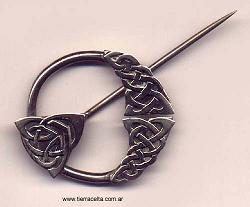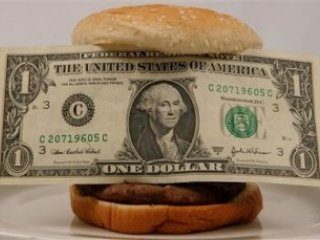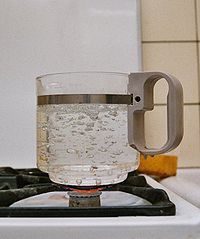 The organic chemistry is a branch within chemistry that takes care of study a large and varied class of molecules that have carbon and that form covalent bonds of carbon and carbon, carbon and hydrogen, and other heteroatoms.
The organic chemistry is a branch within chemistry that takes care of study a large and varied class of molecules that have carbon and that form covalent bonds of carbon and carbon, carbon and hydrogen, and other heteroatoms.
While, carbon It is one of the most notable chemical elements that exist due to the diverse chemical structure it displays; its atomic number is 6, it is symbolized by the letter C capital letter and is the pillar of organic chemistry
Among its most notable issues are that it can be found in nature in a soft (graphite) or hard (diamond) form and for example, it can be the cheapest material (carbon) or also the most expensive (diamonds) from the economic point of view.
Its great capacity when it comes to bonding with other smaller atoms is what allows it to form long chains and multiple bonds, for example, with oxygen it forms the carbon dioxide, which is substantial for the development of plants.
There are around 16 million carbon compounds and it is part of all known living things.
As a consequence of this question that living beings are made up of carbon, organic chemistry is a very important matter when it comes to understanding life in general on our planet, food, antibiotics, among others.
The chemists Friedrich Wöhler and Archibald Scott Couper they were the ones who devoted the most efforts to the study and research of this particular area of chemistry and that is why they are considered their parents.
Thanks to the development of various methodologies to analyze substances of plant and animal origin, organic chemistry achieved the advance it presents today. In the beginning, solvents were used to isolate and synthesize the different organic substances.
There is a great variety of organic compounds that can be classified according to their origin, whether natural or synthetic, by their structure, by functionality or by molecular weight. Lipids, carbohydrates, alcohols, hydrocarbons, proteins, and nucleic acids are some of the most recognized.









